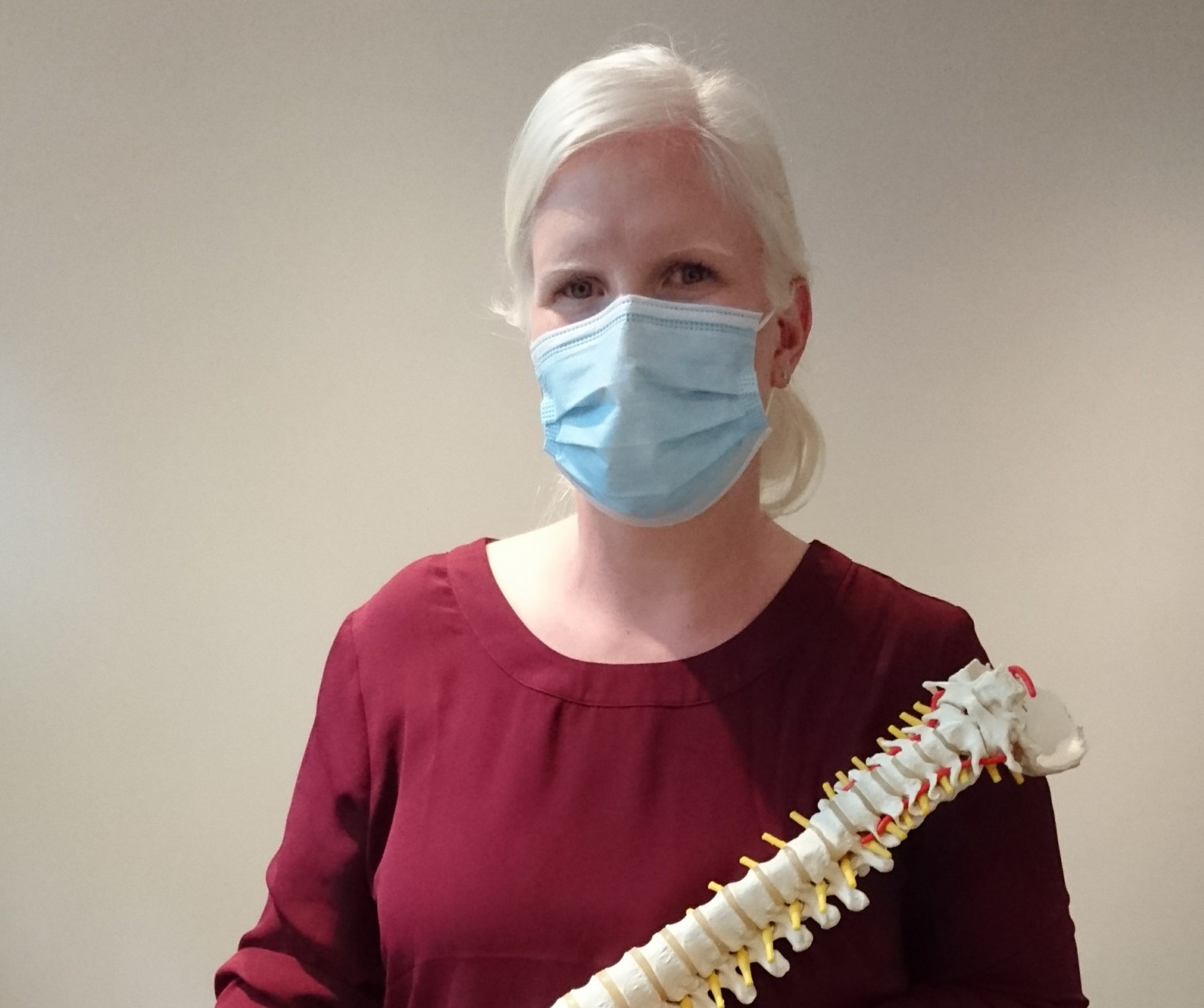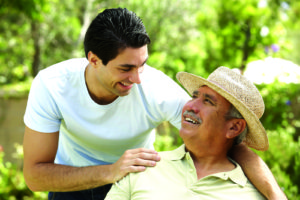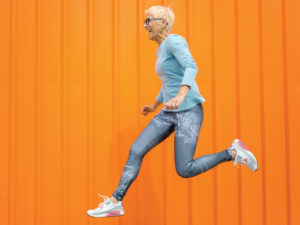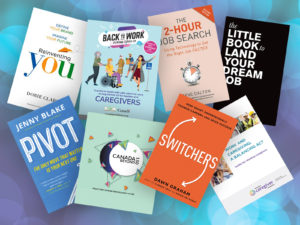BY TEDDY KATZ
Every aspect of Chelsey Gotell’s life has been impacted by the pandemic: her family, her Osteaopathic clinic, and her ongoing volunteer work for the International Paralympic Committee as chair of the Athlete’s Council.
While the 12-time Paralympic medallist in swimming for Canada can’t wait to reopen her health practice, she admits returning to work right now also leaves her a little nervous.
Gotell, who has oculocutaneous albinism and is visually impaired, owns and operates Etobicoke Osteopathy where she treats a number of people with disabilities. Her work involves a type of manual therapy that focuses on treating the root cause of pain, rather than symptoms. It takes a
full body approach to health and well-being and treats everything from spinal imbalances, muscle aches and pains to digestive issues, and headaches.
With this summer’s Paralympic Games in Tokyo postponed until August 2021, Gotell has found more time and energy to focus on safe ways to reopen and continue to build her practice. Some of the conversations she’s had with frightened Paralympic athletes around the world, and knowing how immunocompromised some of them are, have also made her look for innovative solutions and reflect on how she can better help people with disabilities and older adults.
Like many Canadians, Gotell hasn’t been able to earn a living after completely shutting down her operations in March because of the risk of COVID-19 transmission. With her husband also self-employed, for months they’ve relied on the federal government’s emergency CERB benefit to pay the bills.
That’s why—on the one hand—she says it will be great to get her business back up and running. “I’m really itching to get back to work and do what I’m trained to do. I got into this profession to help people feel better.” She adds, “Now is a prime time when I really need to be out in the community supporting people, but with non- essential health care being limited until recently, I’ve had to remain closed.”
On the other hand, Chelsey tells me, she’s trying to balance the economics with treating patients and her genuine concerns for her safety and the safety of her patients. In addition, she recognizes the complexity of opening her doors as many of her patients looking for therapy are from vulnerable populations. And of course, they usually come to see her when they are not feeling their best. “We treat a lot of elderly people, a lot of people with disabilities, infants, people with different types of immunocompromised diseases and disorders so the precautions that we need to have in place need to be much more strict.”
Gotell plans to reserve the first appointment each day at her clinic for people with disabilities or anybody who is immunocomprised. That way
all of us don’t have to worry who is coming into the clinic before or after them.
“People with disabilities are always the most marginalized within any community whether it’s the good times or tough times like now in
the pandemic,” Gotell says. “They deserve and need to feel good and trust that the systems in place will safeguard and protect them. Especially
as somebody with a disability myself, this is very close to my heart. It is such an easy piece to put into place to make sure everyone is getting the
best care and they can just relax when on my table.”
“Talking to many Paralympic athletes throughout the pandemic globally—and knowing how immunocompromised some of them are, they are terrified for their lives. There’s a real fear because of this virus.”
She also plans to closely follow all of the safety guidelines of the Government of Ontario and the Ontario Osteopathic Association. This includes screening patients on the phone and then when they arrive at their appointment for COVID-19. Gotell also won’t allow anybody into the waiting room. Patients will be asked to wait in their cars until they are invited to come in. They’ll be expected to wear masks, leave their shoes in a designated bin and sanitize their hands before their appointment.
Gotell will wear a mask that will be changed between patients and, depending on each patient’s individual needs based on the pre-screening and their health, she may also wear a gown, gloves and a face shield. She is also planning to schedule fewer appointments per day to ensure there is no crossover of patients in the clinic and to allow more time to sanitize between patients.
“I’ll be sanitizing everything that’s touched during the actual treatment with my patients whether it’s a handrail, a doorknob, the treatment table and pillows—anything they lean on to put on their shoes will be sanitized in between my patients.”
But, her patient appointments aren’t the only thing Gotell is worried about: “I have Emily, my 14-month-old daughter. The number one priority in my life is to make sure that, as her protector, I keep her safe and healthy.”
“My clinic is currently in the basement of my house, so I also need to consider bringing people into my home for treatment as an added layer of complexity.“
This means that on scheduled clinic days, her family will only use the front entrance, while patients will enter through the back. All the clothing Gotell wears in her workspace and with patients during the day will immediately go into the wash.
“This pandemic has created a lot of risk and extra work for me and a great deal of stress and anxiety for people—and stress manifests itself in the body physically—I’m really looking forward to helping the people who need me right now but I have to be very careful.”
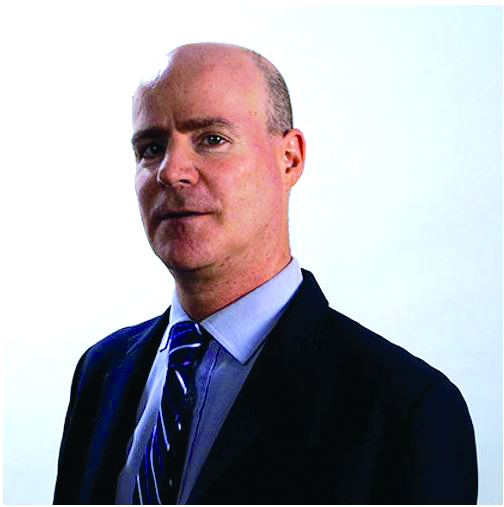
Teddy Katz was a CBC sports journalist for 20 years, and chief spokesperson and director of media relations for the Toronto 2015 Pan and Parapan American Games. More recently, Teddy helped run the press office for the International Paralympic Committee in Rio and will be at the Tokyo 2021 Paralympic Games.

